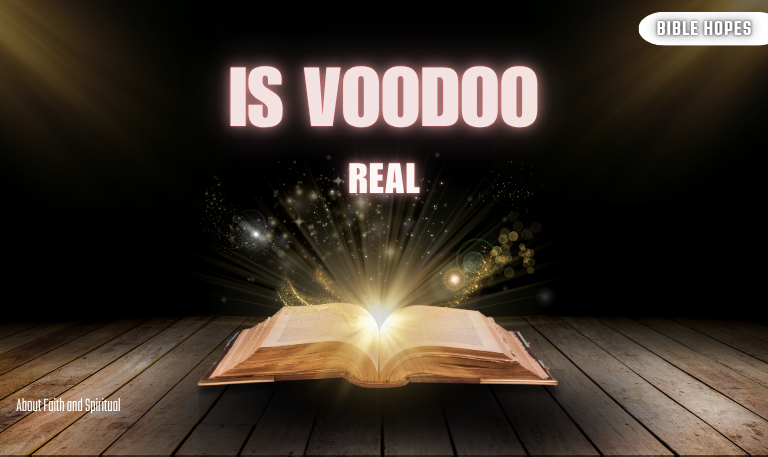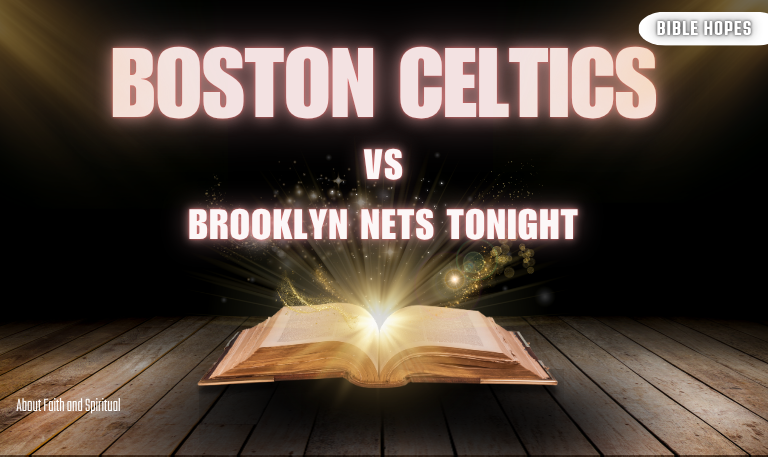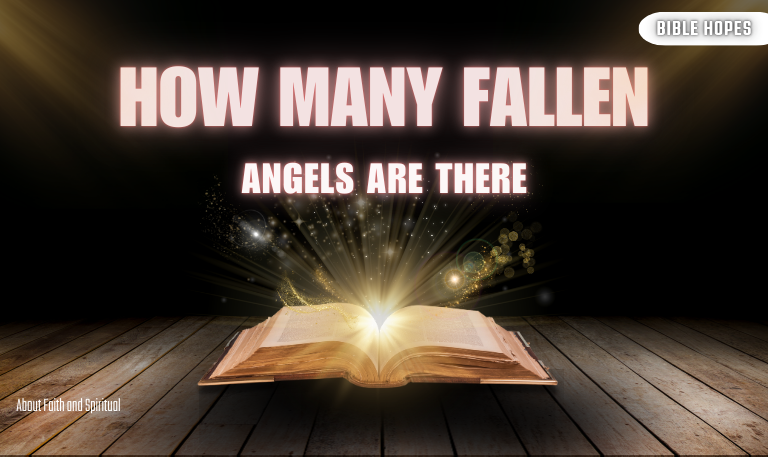Voodoo is a word that often sparks intrigue, fear, or curiosity. Whether you’ve seen it portrayed in movies, heard stories of mysterious magic, or encountered cultural references, a pressing question remains: Is Voodoo real? This article dives deep into the origins, practices, and realities of Voodoo, examining whether it is a genuine religion or merely a myth shrouded in misunderstanding. We explore its rich history, spiritual beliefs, rituals, and common misconceptions. By the end, you’ll have a well-rounded understanding of Voodoo — beyond sensationalism and stereotypes.
What is Voodoo?
Voodoo (also spelled Vodou, Vodun, or Vodoun) is an African diasporic religion rooted in West African spiritual traditions, especially from the Fon and Ewe peoples. It is practiced predominantly in Haiti, parts of the Caribbean, and Louisiana in the United States.
At its core, Voodoo is a complex religion and spiritual system combining ancestral worship, animism, and interaction with spirits known as Loa or Lwa. It features rituals, ceremonies, and moral codes that govern community and personal life.
Key Points:
Voodoo is a religion, not simply “magic” or superstition.
It centers on spirit communication and honoring ancestors.
Practices include rituals, offerings, and ceremonies designed for healing, protection, and guidance.
Read Also: Praise Vs Worship
The Origins and History of Voodoo
African Roots: Vodun and West African Spirituality
The origins of Voodoo trace back to the traditional African religion known as Vodun, practiced by the Fon people in present-day Benin and Togo. Vodun emphasized a pantheon of spirits, sacred rituals, and a holistic connection between humans and the natural world.
Transatlantic Slave Trade and Migration
During the transatlantic slave trade, many Africans were forcibly brought to the Caribbean and Americas, bringing Vodun beliefs with them. In the face of oppression, these traditions syncretized with Catholicism and indigenous beliefs, forming what is now recognized as Haitian Vodou and Louisiana Voodoo.
Haitian Vodou: The Birthplace
Haiti is considered the spiritual and cultural heart of modern Voodoo. Here, enslaved Africans preserved their traditions, which became a key force during the Haitian Revolution. Haitian Vodou is both a religion and cultural identity, deeply embedded in Haiti’s history and society.
Spread Across the Caribbean and Americas
From Haiti, Voodoo spread to other Caribbean islands and southern U.S. states like Louisiana, where it blended with local cultures and developed unique regional variations.
Different Types of Voodoo Practices
Haitian Vodou vs Louisiana Voodoo
Haitian Vodou: Focuses heavily on Loa spirits, complex rituals, and community ceremonies. It’s recognized as an official religion in Haiti.
Louisiana Voodoo: Influenced by French, Spanish, Native American, and African traditions, it often has a more folkloric character with an emphasis on spellcraft and hoodoo.
Hoodoo vs Voodoo: The Distinction
While often confused, hoodoo is a set of folk magic and rootwork practices primarily found in African-American communities, whereas Voodoo is a structured religion with formal rites and clergy.
Neo-Voodoo and Modern Adaptations
There are modern spiritual movements inspired by Voodoo that incorporate eclectic beliefs, sometimes divorced from traditional practices. These vary widely in authenticity and purpose.
Is Voodoo Real? Evidence and Perspectives
Anthropological and Historical Evidence
Extensive studies document Voodoo’s existence as a living religion. Anthropologists like Melford Spiro and Maya Deren have recorded detailed accounts of Voodoo practices, rituals, and social functions.
Eyewitness and Practitioner Testimonies
Voodoo practitioners worldwide affirm the religion’s power in healing, protection, and spiritual guidance, attributing real-world outcomes to its practices.
Scientific Perspective: Can Voodoo Magic Work?
Science generally approaches Voodoo rituals with skepticism regarding supernatural effects. However, psychological and placebo effects explain why rituals can have meaningful impacts on participants’ well-being.
The Role of Faith and Belief
Voodoo’s reality depends largely on belief systems. For practitioners, Voodoo is as real spiritually and culturally as any major religion. Skeptics may view it as symbolic or metaphorical.
Common Voodoo Myths Debunked
| Myth | Reality |
|---|---|
| Voodoo dolls are used to curse people | Voodoo dolls are often used for healing or focusing prayers rather than curses. |
| Voodoo equals black magic or evil | Voodoo includes both benevolent and protective practices; it is not inherently evil. |
| Animal sacrifice is rampant | Sacrifices occur in some rituals but are culturally specific and not as widespread as portrayed. |
| Hollywood accurately portrays Voodoo | Most media depictions are sensationalized and inaccurate. |
The Spiritual and Psychological Impact of Voodoo
Healing Rituals: Voodoo ceremonies often aim to heal physical and spiritual ailments using herbs, chants, and spirit possession.
Psychological Comfort: Ritual participation can provide emotional support and community belonging.
Placebo and Cultural Effects: Belief in rituals can trigger psychosomatic responses, improving health and mindset.
Voodoo Practices Today
Voodoo remains a vibrant religion, especially in Haiti and parts of the U.S.
Public festivals like Fèt Gede celebrate ancestors and spirits.
Voodoo influences music (e.g., jazz, blues), art, and literature worldwide.
Read Also: NIV vs CSB Bible
How to Approach Voodoo Respectfully
Understand Voodoo as a complex, sacred tradition.
Avoid stereotypes and sensationalism.
Learn from authentic sources and practitioners.
Respect cultural significance and practices.
Is Voodoo Real FAQs
Q: Is Voodoo a form of witchcraft?
A: No, Voodoo is a religion with rituals and beliefs, distinct from witchcraft or sorcery, though it includes some magical practices.
Q: Can Voodoo curses actually harm someone?
A: Belief in curses can cause psychological distress, but there’s no scientific proof curses cause physical harm.
Q: What is the meaning of a Voodoo doll?
A: Voodoo dolls are tools for focusing intentions—often for healing or protection, not just cursing.
Q: Is Voodoo real magic or superstition?
A: It depends on belief. For followers, Voodoo magic is a real spiritual force; others view it as symbolic or psychological.
Q: How do Voodoo practitioners communicate with spirits?
A: Through rituals, trance, music, dance, and offerings that invite spirits (Loa) to interact.
Q: Can anyone practice Voodoo or is it restricted?
A: Traditionally, it’s community-based with initiations, but some modern practitioners welcome outsiders respectfully.
Q: How does Voodoo differ from other African diaspora religions?
A: While sharing roots, Voodoo has unique spirits, rituals, and cultural histories distinct from religions like Santería or Candomblé.
Q: Are Voodoo rituals dangerous?
A: Generally no, but some practices (e.g., animal sacrifice) should be understood in cultural context and conducted responsibly.
Q: How is Voodoo portrayed in popular culture?
A: Often inaccurately as sinister or evil magic, which distorts its true religious nature.
Q: Can Voodoo be used for healing purposes?
A: Yes, healing is a major aspect of Voodoo ceremonies and spiritual work.
Conclusion
Voodoo is undeniably a real and complex religion with rich history, cultural significance, and vibrant spiritual practices. While it is often misunderstood and sensationalized, its core is about connection—to spirits, ancestors, and community. Whether you view it through the lens of faith, anthropology, or psychology, Voodoo remains a powerful spiritual tradition practiced by millions worldwide. By shedding myths and embracing respectful understanding, we can appreciate Voodoo as a living religion, not just a curiosity or superstition.



![15 Pink Bible Verses | Discover Meaning, Love [2025 Guide] 5 15-Pink-Bible-Verses-Discover-Meaning,-Love-[2025-Guide]](https://biblehopes.com/wp-content/uploads/2025/05/15-Pink-Bible-Verses-Discover-Meaning-Love-2025-Guide.png)